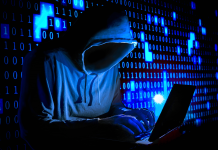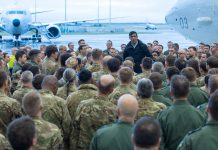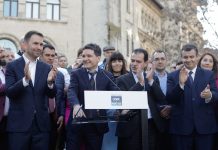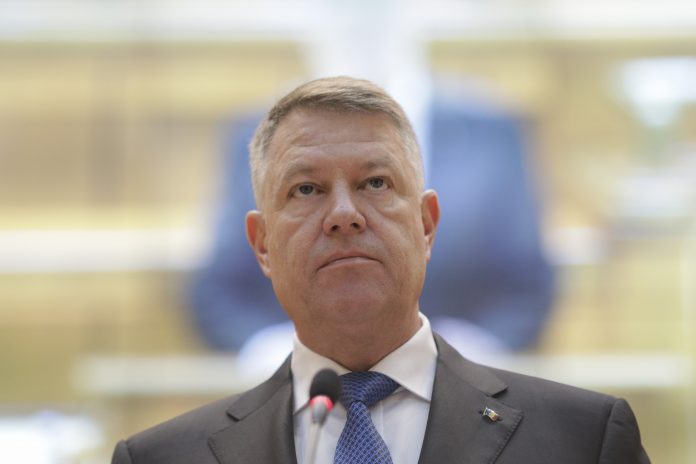Romania’s President Klaus Iohannis is to decree a state of emergency of up to one month starting Monday to allow the government to manage the growing coronavirus crisis.
„I decided to decree the state of emergency at the beginning of next week,” Iohannis said, Saturday evening, after the new government led by Prime minister Ludovic Orban was sworn in.
“This state of emergency will make it possible to allocate important new resources for crisis management. This way, the Government will have the possibility to allocate more money for the health sector,” he said.
Under a state of emergency, a curfew may be imposed, and authorities can close bars, clubs and gas stations. Road, rail and air traffic may be suspended in some areas, and people and vehicles can be stopped randomly for checks.
There may be restrictions on some media, and the military may be asked to handle situations normally handled by government authorities.
Neighboring Hungary and Bulgaria have already declared a state of emergency, as has Spain as countries grapple with the growing coronavirus pandemic.
So far, 116 people have been confirmed with COVID-19 in Romania.
Under a 1999 law, the president decrees a state of emergency for a maximum of 30 days, when it is reviewed and can be renewed. Parliament must approve the decree within five days.
The state of emergency is enforced in crisis situations that require exceptional measures, such as when national security and democracy are under threat or when there is an disaster or one on the horizon.
During state of emergency, some rights and freedoms may be restricted and the military can be drafted in to manage the situation. The National Emergency Management System is tasked with handling the crisis, and reports to the interior minister and prime minister.
During a state of emergency, authorities may close the borders, or step up border controls.
Authorities can carry out random checks on people and vehicles and restrict the movement of people or vehicles in certain areas, and impose a curfew.
Gas stations, restaurants, clubs, cafes, casinos and other public meeting places may be closed and news outlets and radio and television programs can be suspended.
Food and medicine and other goods may be rationed. Rail, road and air traffic may be suspended on some routes.


















